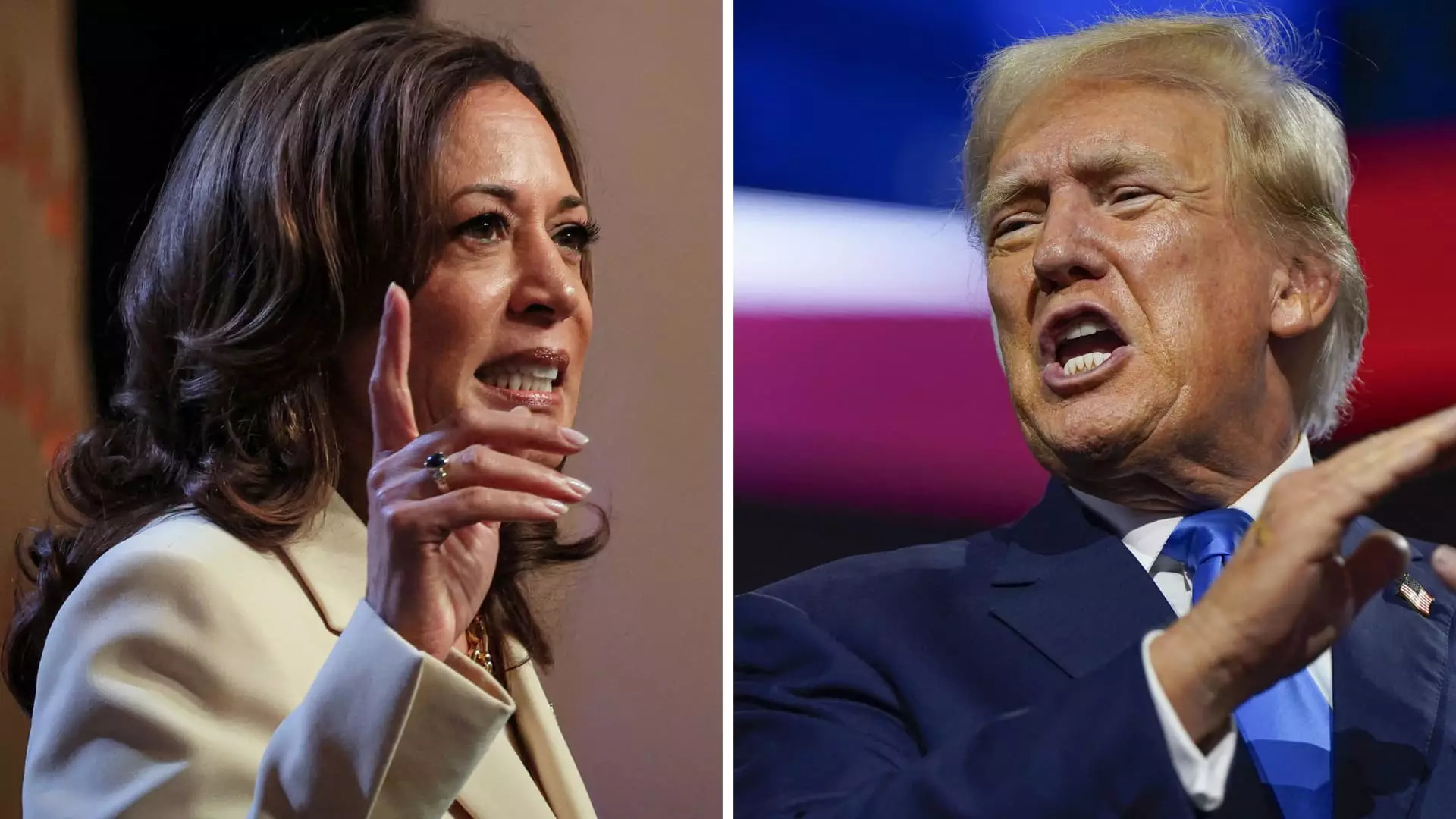Former President Donald Trump and Vice President Kamala Harris have both expressed support for eliminating taxes on tips for service and hospitality workers. This idea has generated mixed reactions from policy experts, with some criticizing the potential consequences of such a policy change.
Harris recently voiced her support for tax-free tips during a rally in Las Vegas, emphasizing her commitment to fighting for working families. Trump previously shared a similar idea at a rally in a key battleground state where the hospitality sector is a significant part of the workforce.
According to estimates from The Budget Lab at Yale University, there were approximately 4 million U.S. workers in tipped occupations in 2023, accounting for 2.5% of all employment. These tipped workers are often lower-income individuals, with some not being subject to federal income tax in 2022 due to making less than their standard deduction. While not taxing tips may seem like a targeted exemption, some experts have raised concerns about the potential implications of such a policy change.
Steve Rosenthal, a senior fellow at the Urban-Brookings Tax Policy Center, highlighted that the proposal fails to meet the criteria for sound tax policy in terms of equity, efficiency, and revenue. He emphasized that exempting tips from taxation could create fairness issues for other low-income workers who do not receive tips as part of their compensation.
Some experts have also raised concerns about administrative challenges and the possibility of abuse if the policy were to be enacted. For instance, there could be attempts by workers to reclassify their wages as tips in order to avoid taxation. Additionally, there are worries about the potential cost of the proposal, particularly in the context of the federal budget deficit.
The proposal to end taxes on tips, along with calls for a higher minimum wage, could collectively increase the federal budget deficit by $100 billion to $200 billion over a decade. This estimate assumes an increase in the minimum wage from $7.25 to $15 per hour. However, it remains uncertain whether the plans put forth by Harris and Trump would include exemptions from payroll taxes or solely focus on federal income taxes, which could have varying effects on revenue.
While the idea of eliminating taxes on tips for service and hospitality workers has garnered support from Harris and Trump, it has also raised valid concerns from experts regarding its potential implications on tax policy, fairness, administrative challenges, and fiscal responsibility. As policymakers consider the proposal, it is essential to carefully evaluate the trade-offs and ensure that any changes to the tax system are well-thought-out and implemented responsibly.

